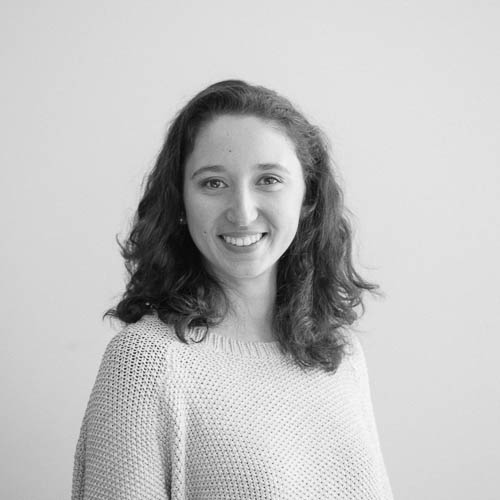Why Did You Choose To Pursue A PhD?
In the industry, you do not necessary have the time to explore new solutions to the problems you are facing. I was willing to do a PhD because I wanted to dedicate time to build a strong expertise and to contribute to a scientific domain I am passionate about. During my PhD, I consider and implement different solutions to open problems.
Why Did You Choose To Pursue Your PhD At NUS?
NUS is a top-tier university that invests a lot in research. You are sure to find a team that matches your research interests and your personality among the great panel of research groups here.
Can you tell us briefly about your research topic?
I am working on computational analysis of genetic data. More specially, I am in interested in liquid biopsies. This consists of sequencing the free floating DNA present in your blood. It has been found that, in cancer patients, a small fraction of cell-free DNA comes from the tumour even before metastasis.
Similarly, in pregnant mothers, there is a small amount of cell-free DNA actually coming from the fetus.
This has applications to detect either monitor cancer patients or to detect fetal abnormalities in a minimally invasive manner.
Why did you choose to do this research for your PhD?
Many scientific problems arise when considering liquid biopsies since you are interested in low signal-to-noise ratios. Plus, the possible applications in oncology, specially, are really motivating.
How does PhD graduate education compare with your undergraduate experience?
A major difference is that you need to be much more autonomous because you are tackling open problems. You need to gain a strong expertise on a fast evolving scientific domain up to a point where you have enough overview to propose research directions.
Modules are there to help you get the required background to overcome your research questions.
Finally, you are the leader of your own research projects.
Any advice for someone who's considering a PhD in NUS?
I would advice you to first look at research groups at NUS you are interested in. The full list of NGS/IDS supervisors is available on the website. Then, you are free to contact the lead professor to express your interest and ask him questions on his research. Finally, you can contact current and former lab members and to get feedback towards his mentoring style and the lab organisation.

